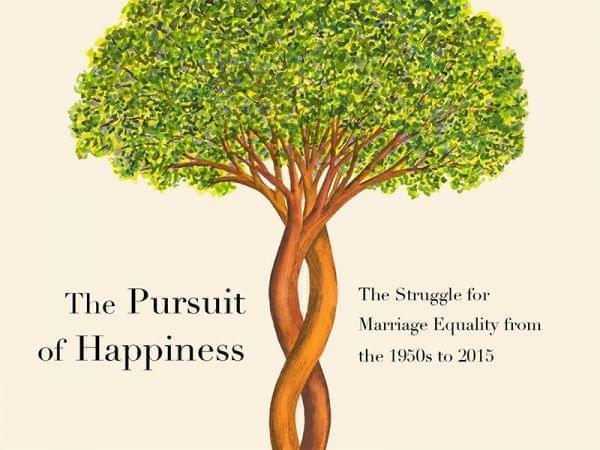Children of same-sex, intercultural, and interracial marriages are often affected by societal attitudes towards these unions. Lynn Sprout, who raised children with her partner Kathie Spegal, says her daughter had misconceptions about same-sex marriage….
My daughter told me one day, she said, “You know Mom, you really suck at this lesbian thing.” And I’m like, “Why?” And she says, “Because you raised eight kids, and not a one of us turned out gay; you’ve not converted a single child, Mom. What’s wrong with you?” She’s kind of crazy too. It’s crazy when you hear things like that, and you’re just like, that’s not what we’re about, that’s not what we’re fighting for.
Same-sex and non-traditional couples say it is important to have frank conversations with their children about discrimination. Leslie and Lori Nicholson-Millar…..
[Nicholson and Millar]
Time: 1:05:37
Children’s school, Discrimination, Telling people
[Lesley:] I hope that what we’ve armed her with is the knowledge to be protected already. I think there is always going to be bigotry out there, and I think she recognizes that our family is different, but she doesn’t see it as different. And in fact, I think, she probably has made statements that affirm that we’re doing okay in terms of her perspective on life.
[Lori:] [Towards Lesley]Yes. You remember there was a situation where another little girl totally innocently said, “Oh! You have two mommies?” And Aidan Jane said, “Yes! Amn’t I lucky?” So, yes that’s a Scottish phrase, “Amn’t I? Amn’t I lucky?” So yes, we do hope to arm her and I tell you, living in this community and going to the school that she goes to, she is luckily in a situation right now where it is totally cool that she has two moms. Also a little boy in her class has two moms, and our church is very welcoming. And there is certainly, I’m sure, will be times where she is faced with it but we just try to arm her as best we can with love and with the knowledge and that it is okay and she is okay.
[Lesley:] Yeah, we are very lucky. There have been places where we get looks even in this community. The funniest moments are when people look at us and say, “Oh, Grandma’s day out!”
[Lori:] Yes!
Life can be extremely difficult for the children of same-sex, interracial, and intercultural couples. Lynn Sprout says her son experienced social and legal injustice firsthand when her same-sex partner passed away….
[Spegal and Sprout] (EDITED DOWN)
Time: 48:00
Same-sex, ~2001, Discrimination, Having Children
[L:] The reason why this is so important to me is that when my partner died, we were not allowed to be in the obituary mentioned as part of the family. And when we went to have the body released to be cremated, the man at the funeral home said, “Now, you can’t sign.” I was not allowed to sign because I was not a family member. And they told my children, “None of you are allowed to sign. Only her children can sign.” And my one son said “But I am her son. I can sign, I am her son.” And the man kept saying, “No, no, you’re not. And he got really upset and he started to cry and he went out into the parking lot. So I went out with him and I said, “Are you okay?” And he looked at me and he said, “I just lost my mother and nobody cares. I just lost my mom and nobody will acknowledge that.” They hurt him and they had no right to do that. He had a right to stand up and say, “This is my family, this is my mother.” And I don’t think that until we have marriage, that that will be possible. And I think that every child in this country—in the world—has a right to stand up and say, “That’s my mom,” “That’s my dad,” and nobody should be able to say, “No, they’re not.”
This is Alice Hu…..



